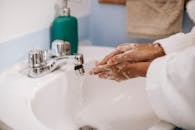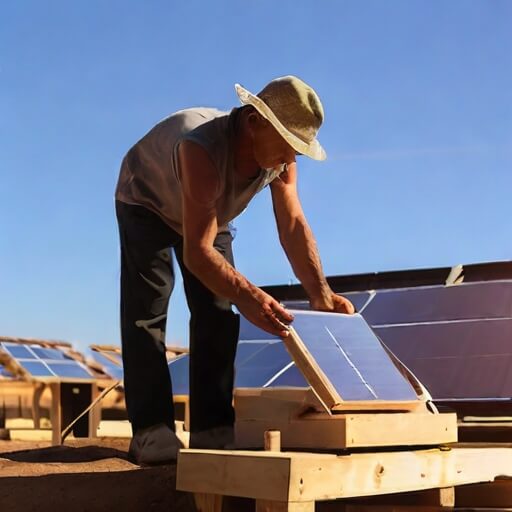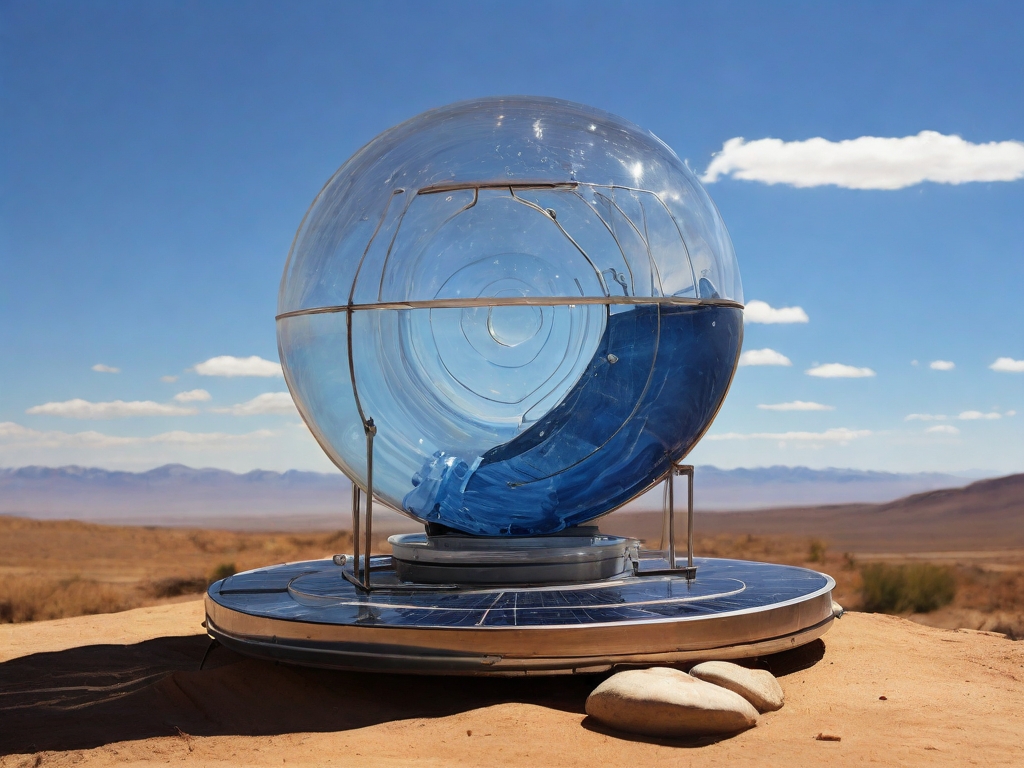Water Management in Off-Grid Living: Harvesting, Purifying, and Conserving Water
Table of Contents
1. The Importance of Water Management in Off-Grid Living
2. Harvesting Water: Techniques and Tips
3. Purifying Water: Ensuring Safety and Health
4. Conserving Water: Strategies for Sustainable Use
5. Conclusion: Integrating Water Management into Off-Grid Life
The Importance of Water Management in Off-Grid Living
Living off-grid means being self-sufficient. Water is a critical resource for survival, and managing it wisely is essential. Without access to municipal water supplies, off-grid dwellers must find ways to harvest, purify, and conserve water. This article explores practical methods for each of these aspects of water management.
Harvesting Water: Techniques and Tips
Rainwater Harvesting
– Collecting rainwater is a simple and effective way to gather water.
– Use gutters and downspouts to direct water into storage tanks.
– Ensure your roof and collection system are clean to avoid contamination.
Dew and Fog Collection
– Use mesh nets or canvas sheets to capture water from dew and fog.
– Position your collection system in areas where dew and fog are most prevalent.
Groundwater Wells
– Digging or drilling a well can provide a steady water supply.
– Regular testing and maintenance are necessary to ensure water quality.
Purifying Water: Ensuring Safety and Health
Boiling
– Boiling water for at least one minute kills harmful organisms.
– This method is effective but requires a heat source and fuel.
Filtration
– Use a water filter to remove particles and pathogens.
– Filters range from simple ceramic models to complex multi-stage units.
Chemical Treatment
– Chlorine or iodine can disinfect water, but follow instructions carefully.
– Chemicals may leave an aftertaste and are not suitable for all situations.
Solar Disinfection
– Place water in clear bottles and expose them to sunlight for several hours.
– UV rays and heat from the sun can kill microorganisms.
Conserving Water: Strategies for Sustainable Use
Reduce Consumption
– Use water-saving fixtures like low-flow showerheads and faucets.
– Fix leaks promptly to prevent water waste.
Reuse and Recycle
– Collect greywater from sinks and showers for use in irrigation.
– Use a composting toilet to reduce water used for flushing.
Rainwater Harvesting Systems
– Design your system to capture and store as much rainwater as possible.
– Use first flush diverters to improve water quality by discarding initial runoff.
Conclusion: Integrating Water Management into Off-Grid Life
Effective water management is vital for off-grid living. By harvesting rainwater, purifying it for safe consumption, and employing conservation techniques, off-grid residents can ensure a sustainable water supply. Integrating these practices into daily life requires planning and effort, but the rewards of self-sufficiency and environmental stewardship are well worth it.


